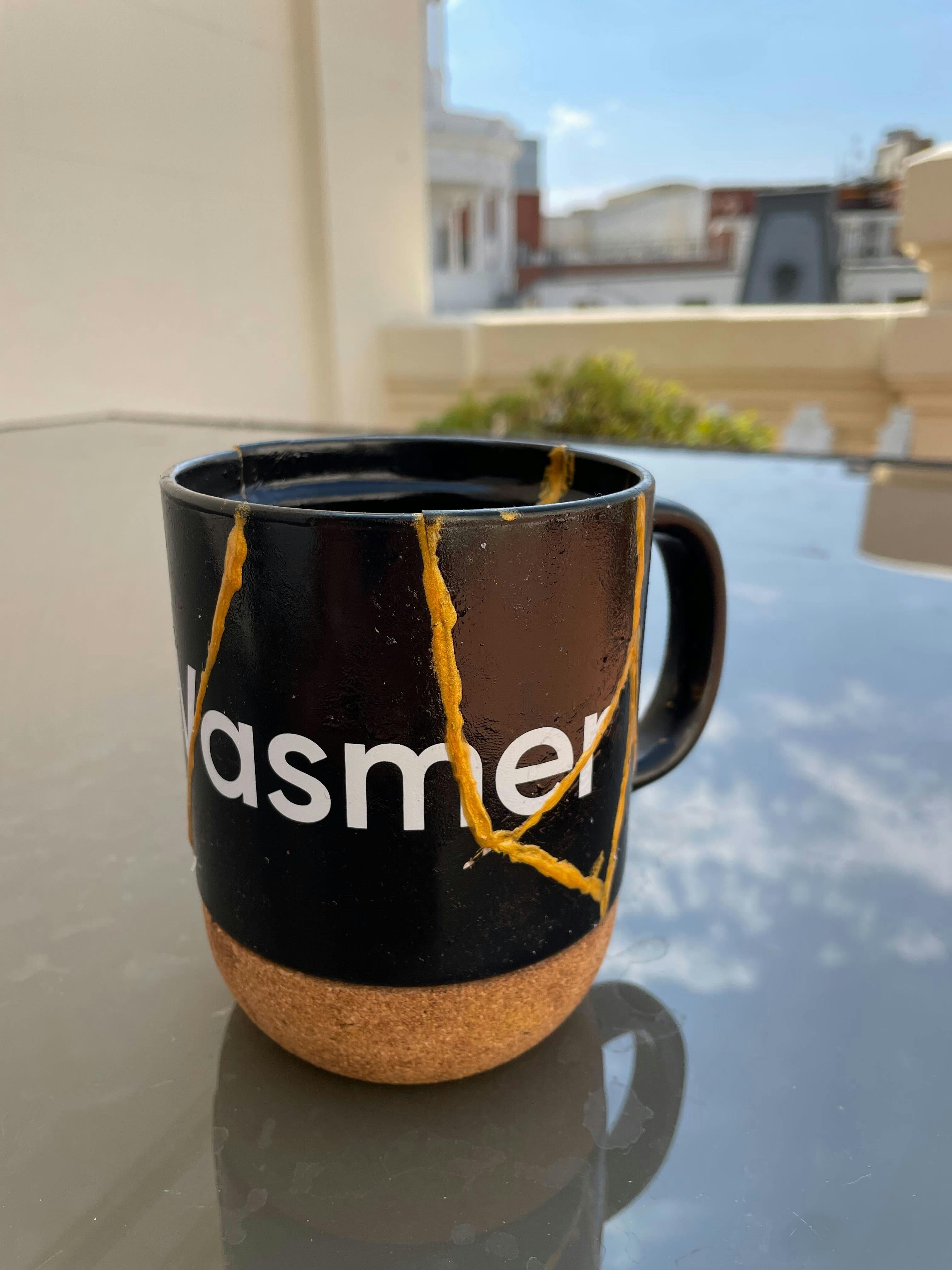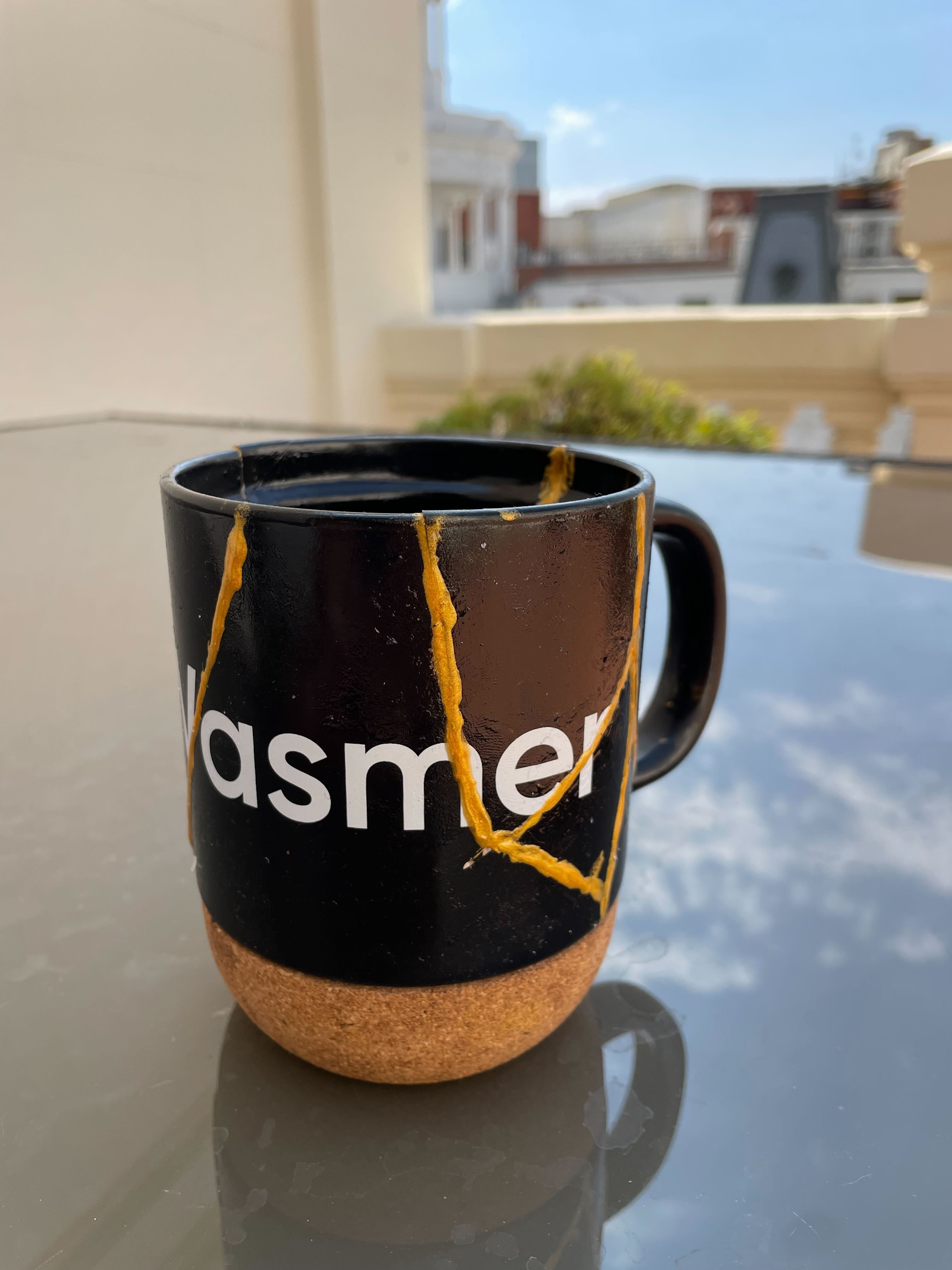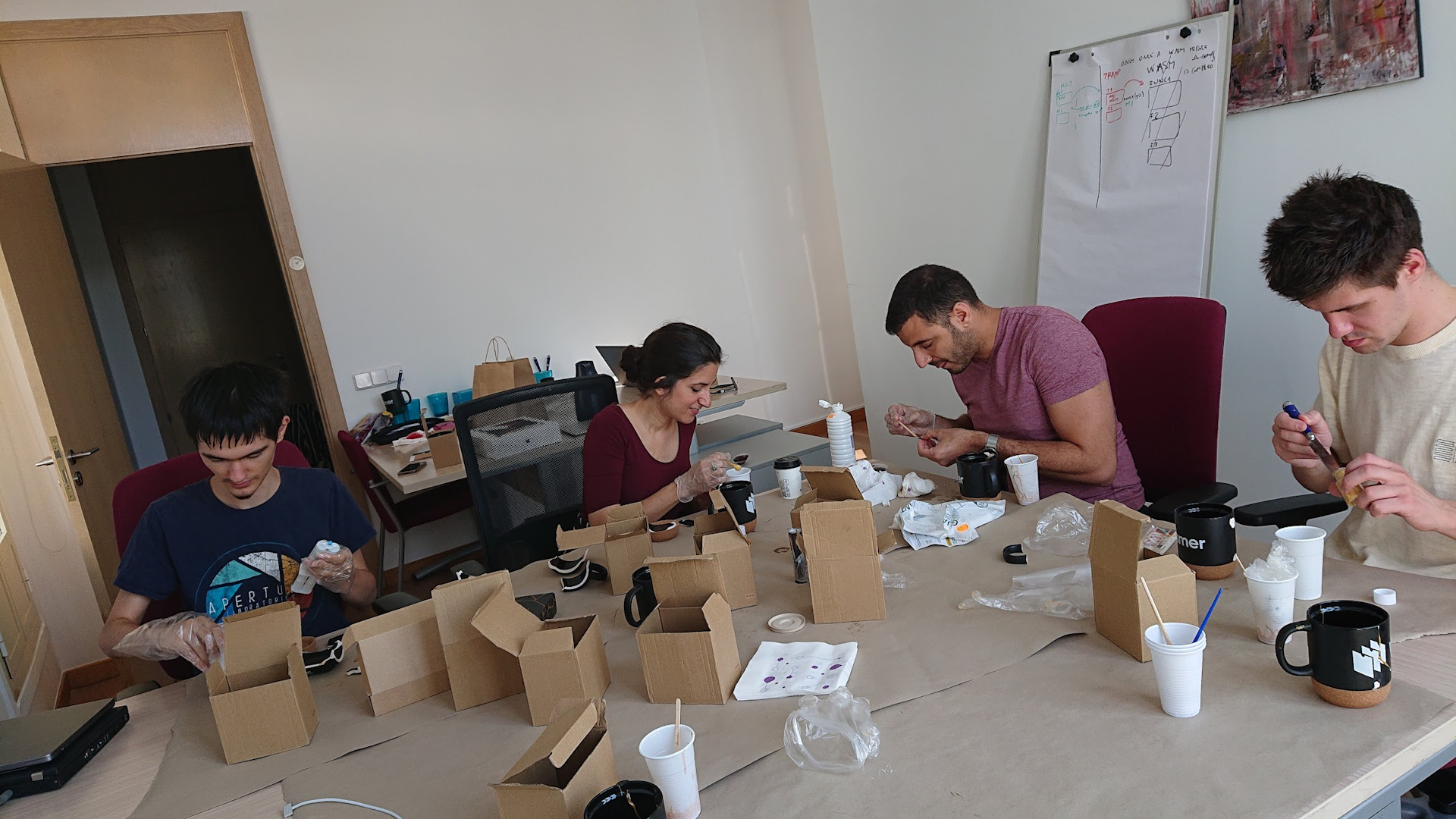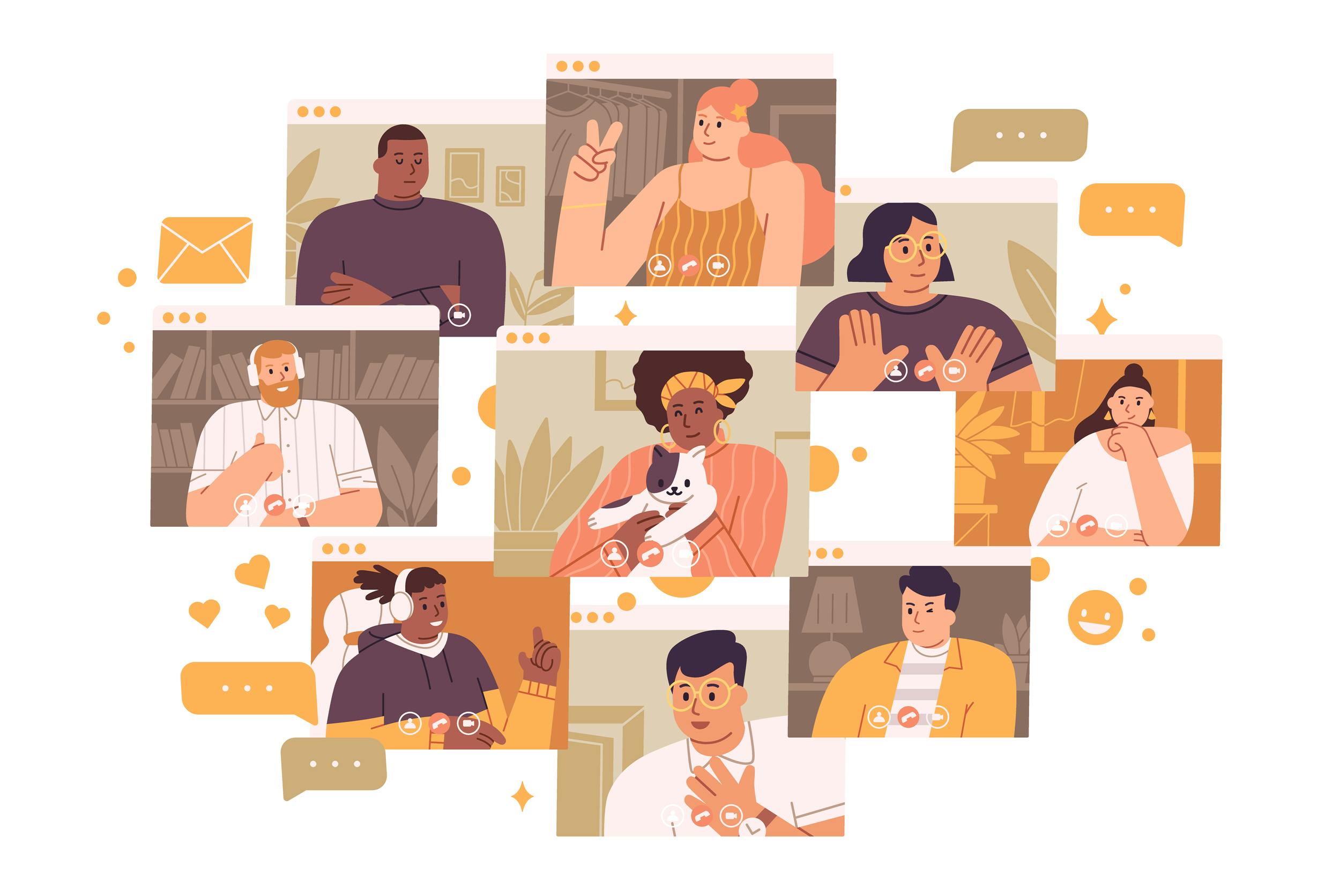

Happiness for success: Embracing failure in our life and teams
In this article, we will talk about how it can be valuable for ourselves and teams to recognize and accept our "weaknesses and imperfections". Our ignorance and even the mistakes we make (and will make) are adverse experiences that can make us progress and connect with others.
People & Ops


Can you imagine a CV in which, along with experience and skills, the most significant blunders we have made at work appear? Go ahead, remember the first botch that pops into your head.
On the other hand, have you ever been in a leadership position or in front of a large audience and been asked a question to which you didn't know the answer? What did you feel? Shame, bewilderment… or self-confidence? Self-confidence?!
I remember one time in which, in a crowded workshop, they asked me a question that I did not know how to answer. To my surprise, instead of feeling insecure, the recognition of my ignorance made me feel quite professional. To sum it up, I was very present and interested in my student's question, and I fully accepted that I did not know the answer, so I naturally neutralized any possible judgment against my curious student or me, and replied:
–Well, I don't know. But I find it an exciting question. And since we're here to learn, I'm going to investigate. And when I find out, I'll tell you. But if you find out before, share it if you want.
I don't even remember the question today. But I remember perfectly how everyone was generally surprised and relaxed. Perhaps we are so used to “authority” figures keeping up appearances that rectifying or acknowledging ignorance is considered a weakness. But it is the opposite, humility is always a sign of strength. And authenticity touches people. At that moment, we felt more like a team. Neither the teacher, nor the most Senior of the Seniors, nor your CEO knows everything. Luckily...
In this article, we will talk about how it can be valuable for ourselves and teams to recognize and accept our "weaknesses and imperfections". Our ignorance and even the mistakes we make (and will make) are adverse experiences that can make us progress and connect with others.
When we find ourselves in a moment like the unanswered question in class, and reach that point of unexpected security, it means that we have matured. We have integrated a bunch of skills and experiences in our way and no longer need to maintain the appearance of invulnerability. Wherever we have arrived or will arrive depends on our ability or inability to learn along the way. This flexible attitude is what generates true self-confidence.
A good leader, partner, or teacher does not need to pretend to know everything to be recognized or accepted. A set of qualities and experiences compensate for and justify the leadership position if it is deserved. It's not about being perfect. We are constantly “in the process of becoming”, and an enormous creative potential comes with it.
To open and expose ourselves authentically, we must accept our vulnerability. The apparent imperfection is a treasure because it offers the possibility of learning, experience, and growth. And very important for teams: it's a “golden” opportunity to connect with others (who aren't perfect either, they know it and don't care that much). Here also opens the door of interdependence and mutual aid.
Only those who realize the things they don’t know, can learn. And those who analyse themselves in a a healthy way, and take action, get over… and contribute to the improvement of others.
The opposite path leads us to the way of reproach, excessive demands, and blaming, even directed towards ourselves, which causes great dissatisfaction and locks us in a rigid and selfish mentality (in the sense of separation from the "I" in an environment created for "us"). Looked at with a magnifying glass, this is a way of evading our personal responsibility. Knowing and accepting ourselves is the first step in learning and improving relationships and the atmosphere in our surroundings.
Kintsugi in the office
I have many fun tasks at Wasmer, and one of them is to build a team and brand image by linking the cute and the functional. We have already designed several articles (and I will not go into detail because this deserves another post). This summer, part of the team was working together in Madrid. One of those light mornings, a huge and heavy box arrived; we had ordered twenty-five porcelain and cork mugs with the Wasmer logo. Upon opening the box, we received many broken pieces: no less than fourteen….
The next day, when we passed the checkout, Syrus said to me:
"–I've had an idea for broken cups. Let’s keep them!"
More or less by telepathy, I guessed what he was thinking:
"–Are we going to make Kintsugi?!"
Effectively. We had the mentality, the opportunity and a lot of broken cups. I had been in a workshop that very well explained the philosophy underlying this Japanese art of recomposing ceramic pieces with resin and gold dust
For those of you who haven't heard of Kintsugi, I invite you to investigate one of the most beautiful tangible examples of what artistically expressed resilience means. It is an art that involves exquisite technique, excellent care, and patience. We obviously weren't even going to touch what a restoration like that really entails. “Our kindergarten kintsugi” was more of a morning team-building exercise, sharing the mindset of being able to carefully and carefully put the broken pieces back together and create something beautiful and meaningful. Maybe that is the reflection of a company that keeps going and a human being that continually learns.

Accept the mistake and take your power back
True vulnerability is tied to honesty and acceptance.
The fear of being wrong and the trauma of past mistakes (the associated guilt or shame) inhibit us from taking risks and being creative: this prevents us from taking charge of matters and projects. Entrepreneurship needs the attitude of being willing to be wrong. The learning that reconstruction entails expands us because it places us in a new and unknown place.

“Expansion” - Bronze and Electricity by artist Paige Bradley. Source: www.paigebradley.com PRESS RELEASE – London, 26 June 2014
We must be careful and be sure we are practicing acceptance and not resignation. They are very different inner positions (perspectives) and feed different feelings and actions. In resignation, the sense of defeat or being forced to live with circumstances persists; there is really no mental or emotional control. Instead, in true acceptance, there is no resistance. I look at what's there and stop fighting or running to do something that can improve my mood and situation.
What is the advantage of acceptance? Thanks to seeing what is happening and not resisting it, that energy can be used – instead of complaining, frustrating, or internally fighting – for change, improvement, creativity, solution, and transformation. It is a call for learnings and solutions beyond only feeling the bad taste.
Tip: if we cannot accept at this moment that we or others have failures and that pain is part of the way – this is very common – at least we can accept that we do not accept. And this is already a step towards a new vision. Step by step, we build ourselves.
Beauty in the crack: the gold of learning
Fractures and cracks hurt.
That is why we have to give them a new meaning so we can learn and avoid extra pain on the trip. Accepting vulnerability strengthens the values of the team; we gain resilience together, support each other, and provide solutions.
I can think of many lessons from how we have been facing Wasmer’s weaknesses to become stronger. For now I will give three examples:
We acknowledge these individual vulnerabilities and cracks in 1:1 meetings with our manager every two weeks and with the People manager (myself ;) ) once a month. The feedback is reciprocal. The areas for improvement are exposed in the most honest way possible while taking care of the person in front of us.
Need for alignment and commitment. We started paying particular attention to this in the Leadership Syncs and later realized that it was vital for the team and the projects to feel continuously aligned and committed. So it has been extrapolated to other types of project meetings.
Reinforce and remember our achievements, strengths, and values. It is not about beating ourselves up, but rather the opposite, staying motivated, knowing in balance that we have a lot to improve, but at the same time, personal and professional success stories are behind us, as well as tools to repeat those successes and create new ones.
Strong teams are not made up of perfect individuals but people with a healthy critical attitude and a cultivated habit of continuous improvement. The teams that accept their vulnerability are willing to evolve and appreciate the beauty of their scars: these provide them with precious information, of the necessary adjustment and the required evolution.
About the Author
People and Ops. I love encouraging people, teams, and innovative projects to reach their full potential and shine.
People & Ops
Kintsugi in the office
Accept the mistake and take your power back
Beauty in the crack: the gold of learning
Deploy your web app in seconds with our managed cloud solution.
Read more

wellnessremotepeoplehappinessculture
Fundamentals of Company Culture for Remote Teams
November 14, 2023
peoplehappinesscompany culturewasmer teamculture
The disruptive mindset of Work Happiness
December 15, 2021
peoplehappinesswasmer teamculturespanishpeople culture
La felicidad laboral, un modelo de pensamiento disruptivo
December 15, 2021
peoplehappinessgrowthcompany culturewasmer teamcultureresilience
The gems of uncertainty: The major fear that trains us
June 9, 2023